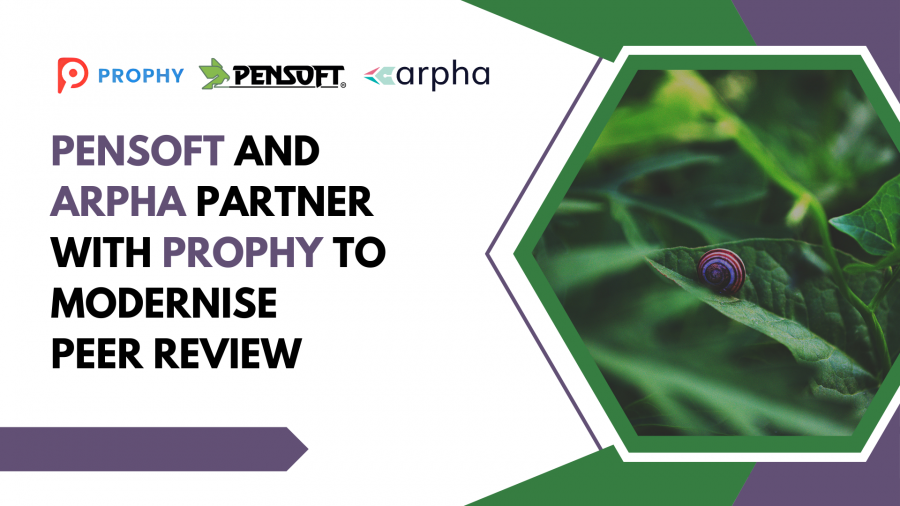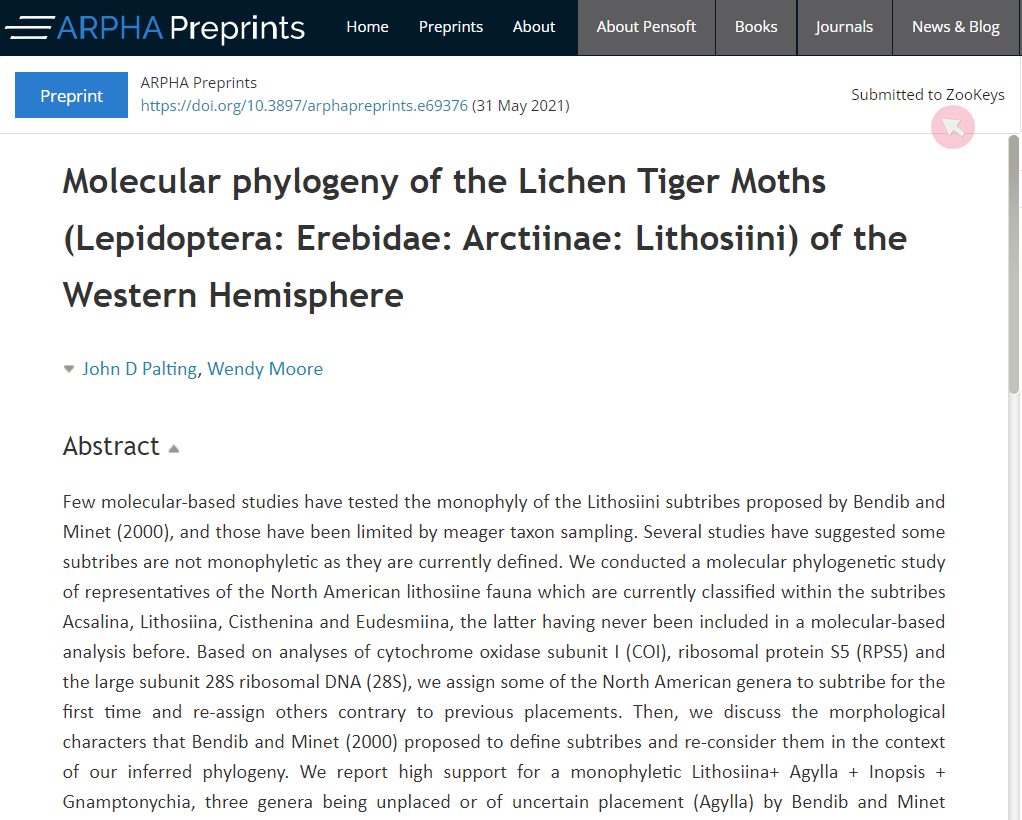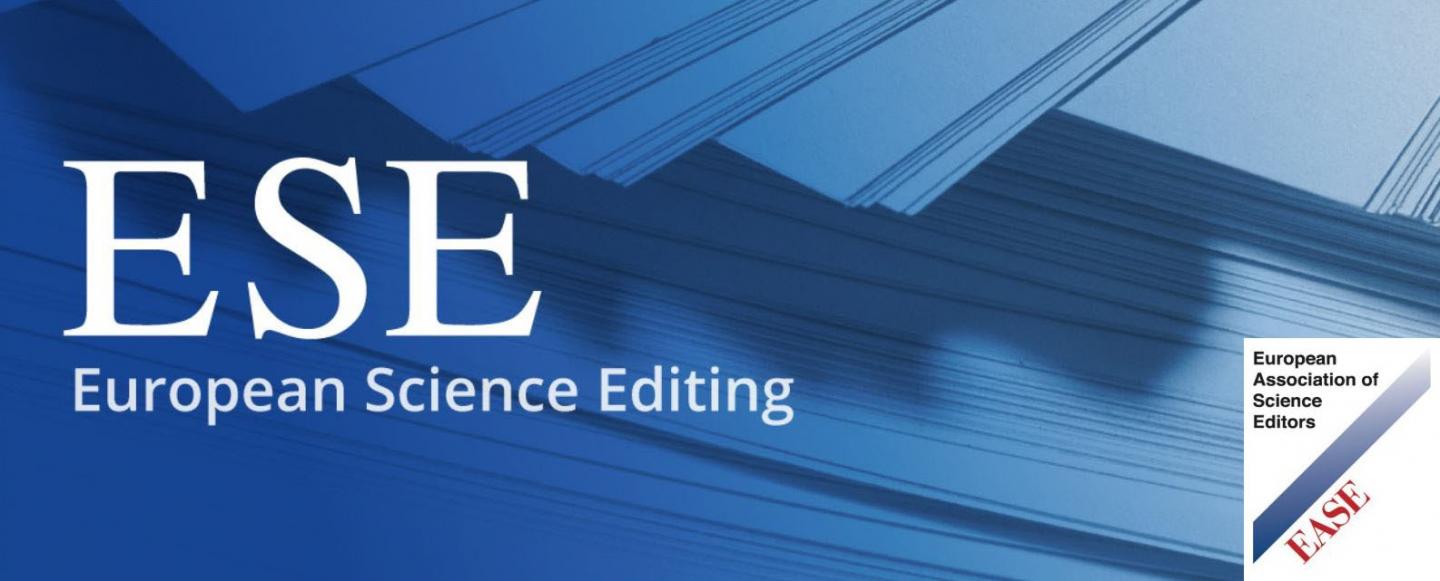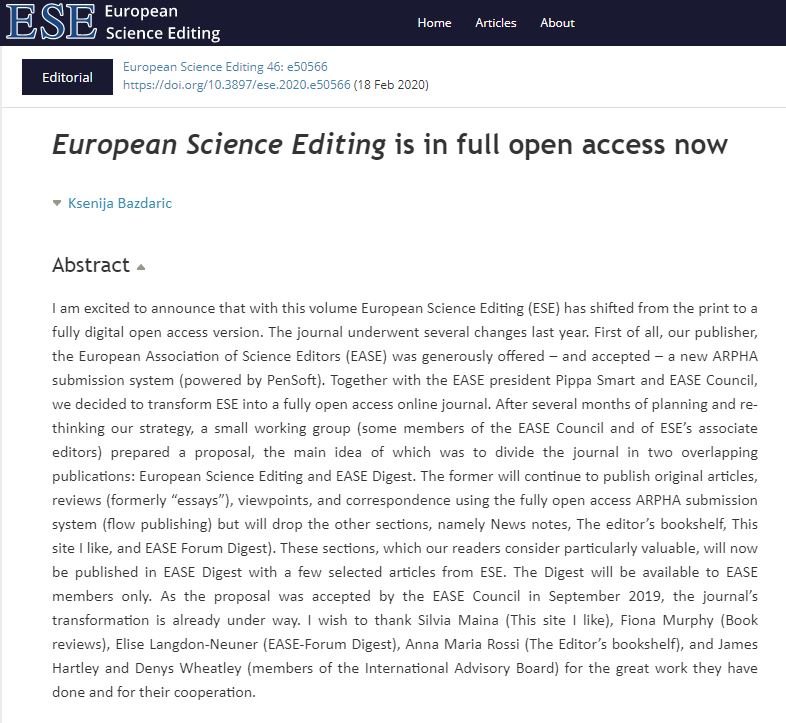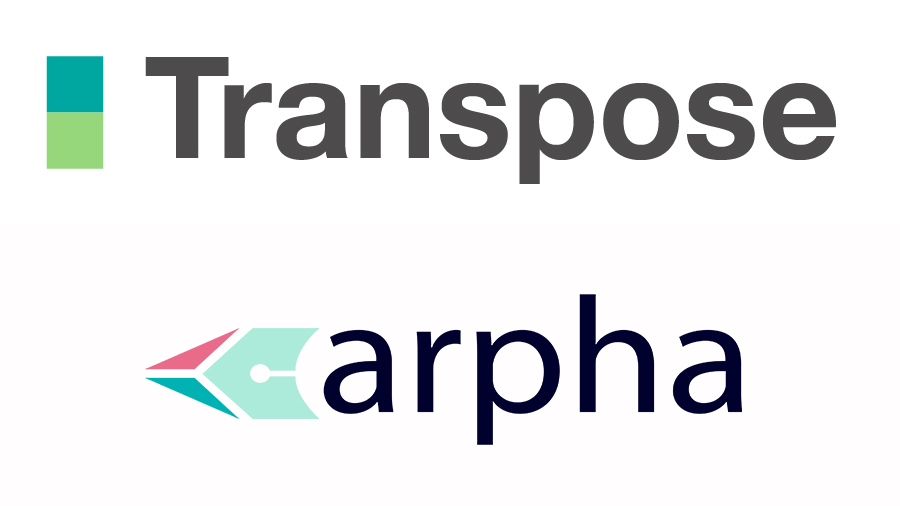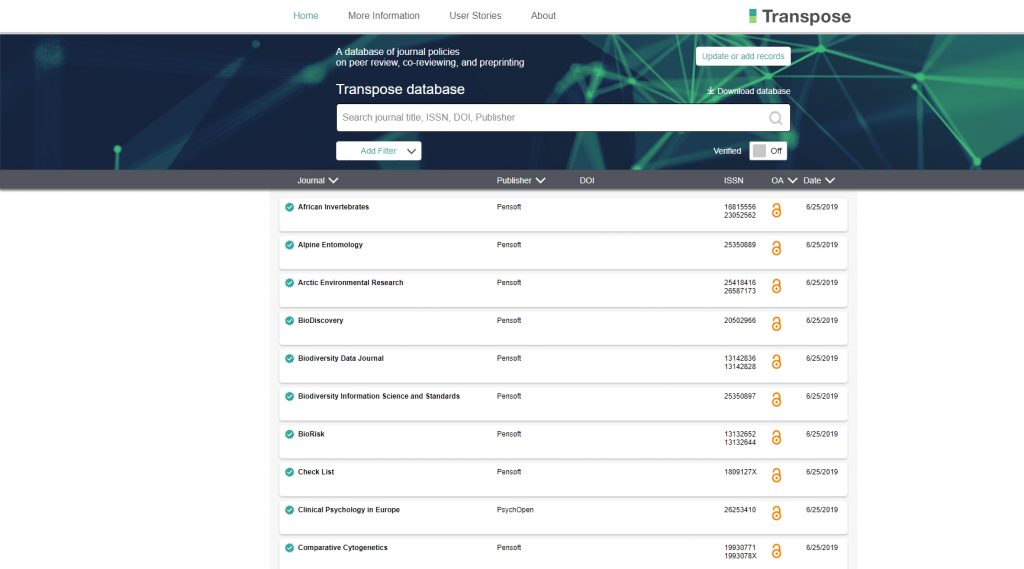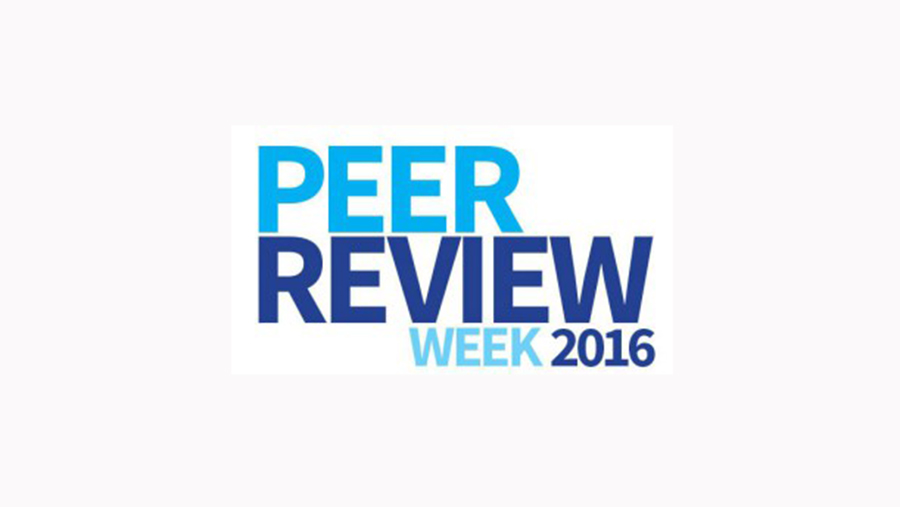In a new partnership between open-access scholarly publisher Pensoft and the AI-driven reviewer discovery system provider Prophy, the editorial teams at all journals hosted on the publisher’s ARPHA Platform receive access to a broader and more diverse global pool of researchers.
The integration connects ARPHA’s editorial and peer review workflows with Prophy’s continuously updated database of millions of active, qualified researchers. As a result, editorial teams across more than 90 open-access peer-reviewed journals powered by ARPHA can now opt to enjoy data-driven reviewer recommendations based on structured analysis of researcher expertise and publication history, with matches based on each manuscript’s topic, field, and research focus.
This development responds to a growing challenge in scholarly publishing. As submission volumes rise, the pressure on a relatively small pool of frequently invited reviewers increases, which eventually leads to delays and reviewer fatigue. By expanding the pool of potential experts and improving how they are identified with the help of semantic analysis, the integration supports a more sustainable and balanced approach to peer review.
“By working with Prophy, we’re helping editors discover expertise that might otherwise be overlooked, opening the door to a more inclusive, well-distributed, and resilient peer review ecosystem. This is about using technology not to replace human judgment, but to support it in a smarter and more responsible way.”
– Prof. Dr. Lyubomir Penev, founder and CEO of Pensoft and ARPHA
“We’re excited to work with Pensoft and ARPHA to bring smarter reviewer discovery to their editorial teams. Peer review should be efficient and fair, and this partnership helps with both. Editors can find the right expertise faster, which means less time searching and fewer delays. This integration helps editorial teams manage growing submission volumes without burning out their reviewer networks.”
– Oleg Ruchayskiy, CEO of Prophy
To further support editorial teams and client journals’ owners, Pensoft and ARPHA are offering the Prophy integration free of charge to all journals on the platform until the end of 2026.
The partnership reflects Pensoft and ARPHA’s continued focus on equipping journals with practical, forward-looking tools that strengthen peer review, support editors, and help ensure the long-term sustainability of scholarly publishing.
Stay up to date with the latest from Pensoft and ARPHA by subscribing to our blogs and following us on social media, including BlueSky, Facebook and Linkedin.

